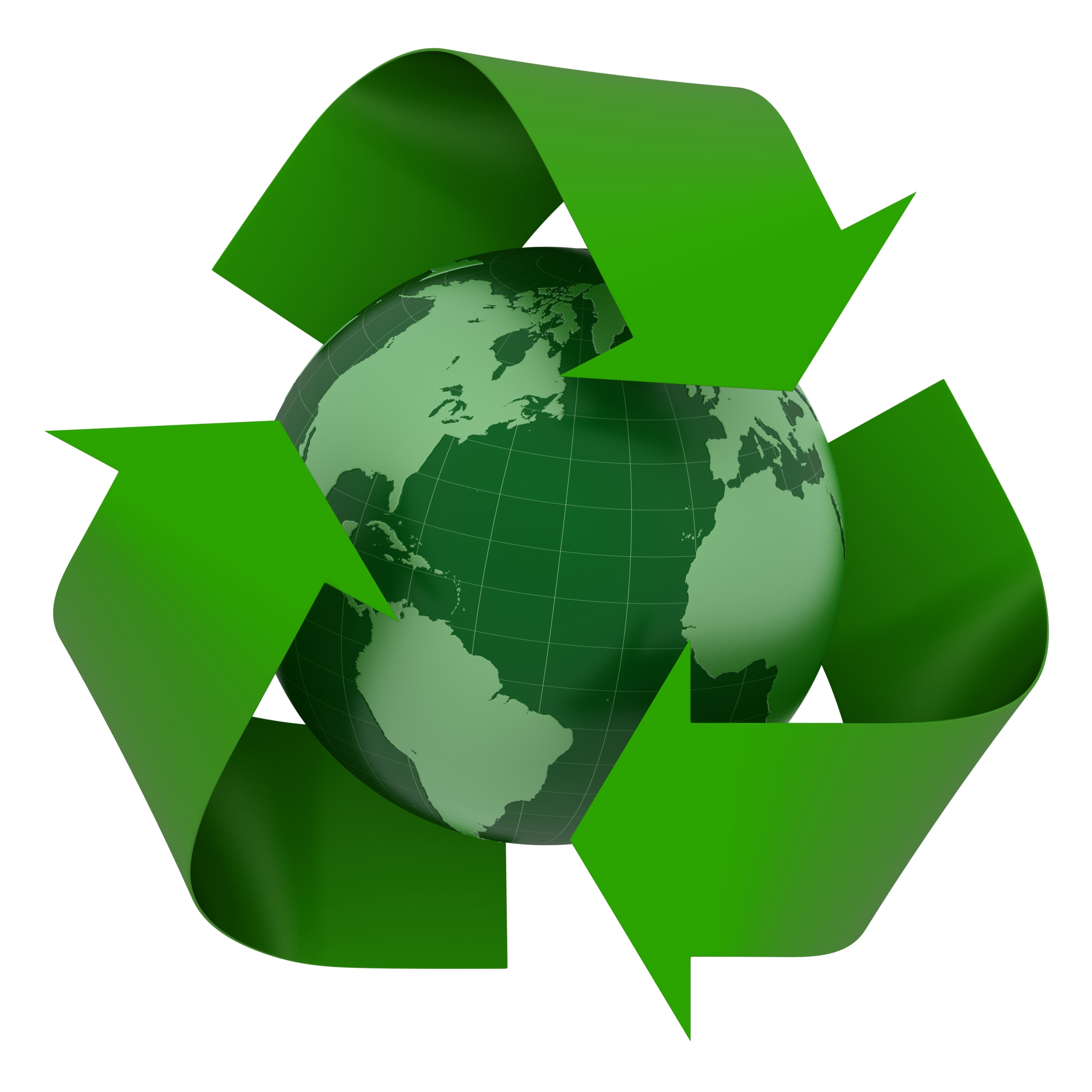Recycling services are in high demand in almost every industry that produces recyclable waste products, including the industrial cleaning industry, which produces a large volume of waste solvent each year, much of which can be recycled with the assistance of a solvent recycler. Recycling solvents removes the impurities they acquire through the cleaning process. What emerges are “pure” solvents that are ready to be reused. Below is how the process works.
The Solvent Recycling Process
Solvent recycling begins with a solvent recycling company removing spent solvent from the solvent waste trap. During the extraction process, special measures are taken to prevent harmful vapors such as hazardous air pollutants (HAPs) from entering the work environment or atmosphere. Once the recycler has removed all waste solvent, it securely transports the cleaner back to the solvent recycling location to begin the process of purifying the tainted solution.
Once at the recycling facility, waste solvent is placed in a machine that removes impurities from the formulation. As the machine works, it separates solute from solvent through a process of distillation and/or fractionation. With distillation, the solvent is separated from the solute that pollutes it by vaporizing the solvent, and then cooling it until it returns to liquid form. During vaporization, the solute separates from the solvent, making it clean and ready to reuse.
With fractionation, the waste solvent is forced through small tubes in a process where it is treated at different temperatures to cause separation of solvent and solute. The result is the same as with distillation: The solvent is purified to its original state and is ready for reapplication.
Five Benefits for Solvent Users
Regardless of the process performed for reusing solvents, the solvent user stands to benefit in several important ways, particularly when the process is applied to all waste solvent produced.
- Helps protect the environment, while giving the user a “green” image
- Decreases waste disposal costs by using cost effective recycling processes
- Reduces chemical emissions by mitigating the need to create more solvent
- Reduces healthcare costs by providing a safer environment for workers
- Lowers the need to purchase new cleaning solvents
If your company or organization doesn’t participate in the process of reusing solvents, now is a good time to start. In many cases, the only change companies must make is to switch to a waste solvent disposal company that supports the process of reusing solvents. You may have to form a new service agreement with a different disposal company, but the long-term return on investment (ROI) can be quite good when all of the financial benefits are put in perspective.
Need Guidance on Reusing Solvents?
Ecolink recognizes that solvent recycling can benefit our customers in several ways that ultimately increase the bottom line. That is why we support the solvent recycling process and provide advice to our customers in this area. For questions about reusing solvents, call us today at (800) 563-1305. We look forward to helping you put your waste solvent to better use!
















